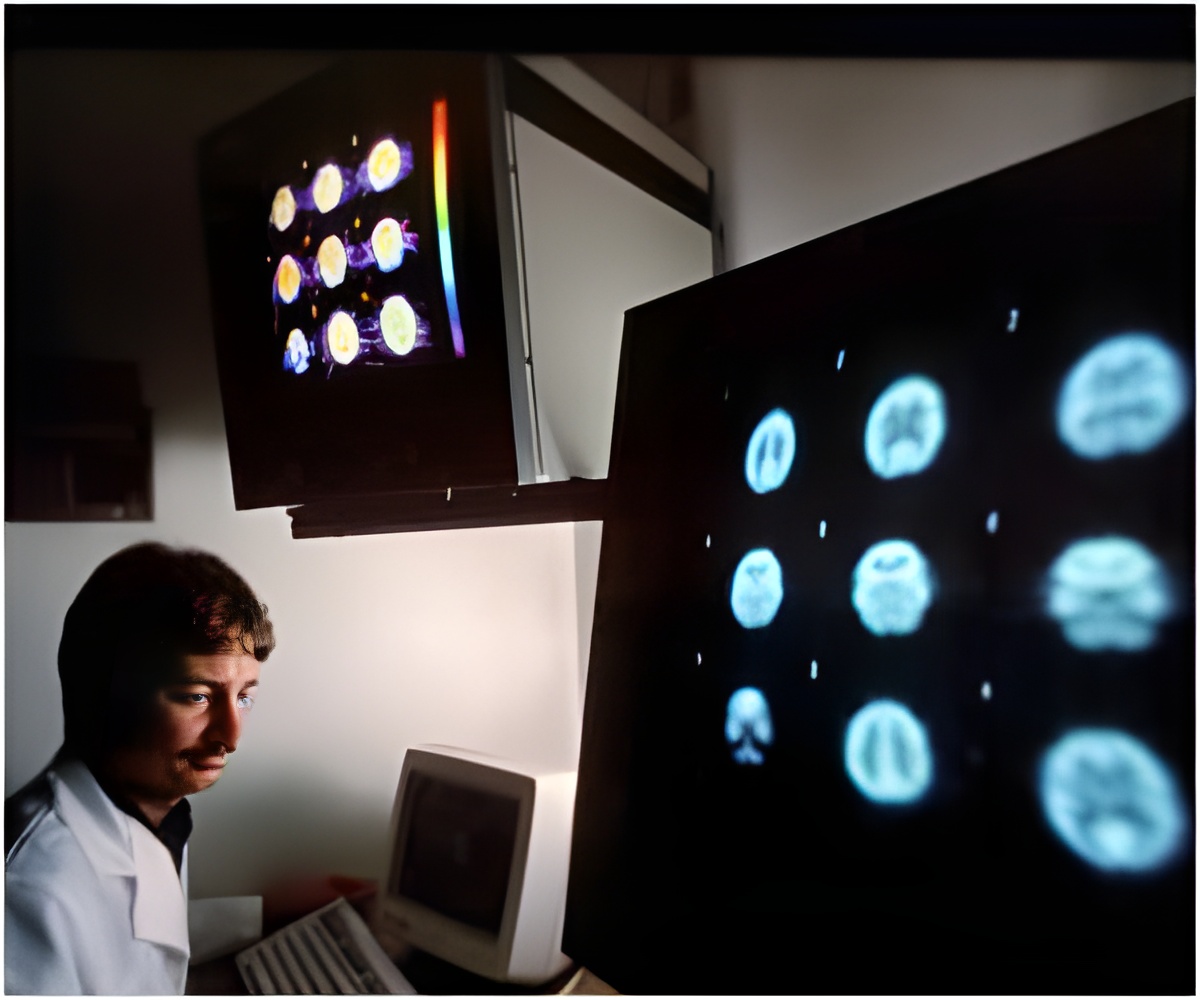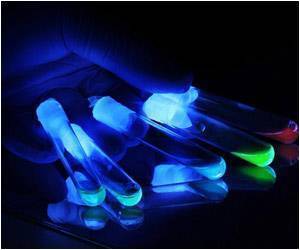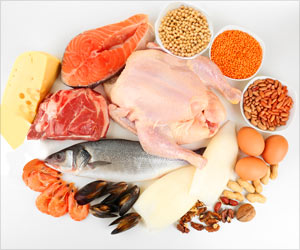Cancer cells have restricted access to the body's nutrient-rich blood supply, and the ability to sense and acquire nutrients is critical for a cancer to grow.

Cancer cells often have restricted access to the body's nutrient-rich blood supply. The ability to sense and acquire nutrients is critical for a cancer to grow. Dr Goberdhan and cancer researcher Adrian Harris collaborated to develop an antibody that could be used to highlight PAT4 in human tissue samples.
This was then used to study anonymous tumor samples taken from patients with colorectal cancer, a common form of the disease. The results were compared to the known outcomes for the patients.
Those who had higher levels of PAT4 in their tumors did less well than those with lower levels - being more likely to relapse and die. The researchers then looked at what happened when PAT4 levels were reduced. They showed that by reducing PAT4 levels, cancerous tumors grew more slowly.
"'These findings support each other. Not only do higher levels of PAT4 mean a worse outcome, but lowering levels improves the situation," Dr Goberdhan pointed out. "This means that we have identified a mechanism which cancer cells prefer to use and which we might be able to target as part of a combination treatment," he concluded.
The research was published in the science journal Oncogene.
Advertisement














